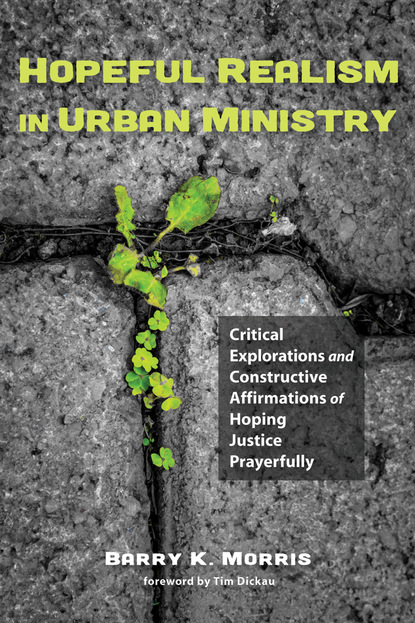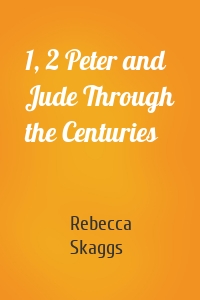
Hopeful Realism in Urban Ministry скачать fb2
Barry K. Morris - Hopeful Realism in Urban Ministry краткое содержание
What, pray tell, does a faithful urban ministry require if not a triadic relationship of prayer, justice, and hope? Could such a theologically conjunctive relationship of prayer, justice, and hope fortify urban ministry and challenge students and practitioners to ponder and practice beyond the box? Frequently, justice is collapsed to charity, hope into wishful thinking or temporarily arrested despair, and prayer a grasp at quick-fix interventions. An urban ministry's steadfast public and prophetic witness longs for the depth and width of this triad. Via three countries' decades of endeavors, one chapter brainstorms urban ministry practices while another's literature survey signals crucial convictions. Amid many, seminal theologians are summoned to ground urban ministry intimations and implications: Niebuhr on justice, Moltmann on hope, and Merton on contemplative prayer. Evident is passion that fuels compassion in the service of justice, hope that engages despair, and prayer that draws from the contemplative center of it all–thankful resources for long haul ministry. The triad presses to illumine a concrete ministry's engagement of relentless, forced option issues yet with significant networks resourcing. Contrast-awareness animates endurance. The summary exegetes the original grace-based serenity prayer. Hence, hope vitally balances realism's temptation to cynicism. Realism saves hope from irrelevancy.
Скачать книгу «Hopeful Realism in Urban Ministry» Barry K. Morris
Чтобы оставить свою оценку и/или комментарий, Вам нужно войти под своей учетной записью или зарегистрироваться



